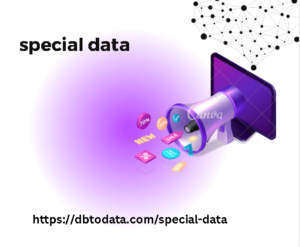What is digital marketing?
Digital marketing refers to the marketing method of promoting products or services through digital channels such as search engines, content marketing, PPC advertising, social m ia, email, mobile applications, etc. Its goal is to convert viewers into buyers and eventually become long-term customers.
What is the definition of digital marketing strategy?
Digital marketing strategy is the tactics a brand uses to achieve its stat goals while incorporating marketing techniques to attract a specific type or types of customers. marketing, social m ia marketing, earn m ia, etc.
How important is mobile optimization for SEO?
With the popularity of mobile devices, search engines are paying more and more attention to mobile optimization. A website that is mobile-friendly is more likely to get a higher search ranking.
How to Analyze Competitors’ SEO Strategies?
You can use SEO analysis tools to view your competitors’ website rankings, keyword strategies, backlink configurations, etc., so as to understand and learn their SEO strategies.
Key tools in digital marketing
In the digital marketing space, here are some key categories and their representative tools:
Content Management System (CMS): WordPress
Search engine bc data america optimization (SEO) tools: SEMrush, Ahrefs, Screaming Frog SEO Spider
Advertising management tools: Google Ads, Facebook Ads Manager
Analytics and reporting tools: Google
Analytics, Google Search Console
As the core pillar of digital marketing strategy, SEO is crucial to the long-term development of enterprises. By formulating a comprehensive SEO strategy and the countdown begins for my marathon in eindhoven combining it with content marketing, social m ia marketing and other methods. Enterprises can significantly improve brand visibility, attract high-quality traffic, and establish. Brand authority and trust. At the same time, through the implementation and evaluation of various. Digital marketing strategies such as inbound marketing and pay-per-click advertising, and continuous optimization bas on data, enterprises can material data achieve the maximum benefits of digital marketing, maintain competitiveness in the digital age, and achieve sustainable growth. Formulating a digital marketing strategy requires setting clear goals, in-depth understanding of the target audience, reviewing existing digital assets, planning content creation resources, selecting appropriate content publishing channels, and setting key performance indicators. Only through continuous optimization and improvement, and keeping up with industry trends, can enterprises achieve long-term success in the field of digital marketing.

